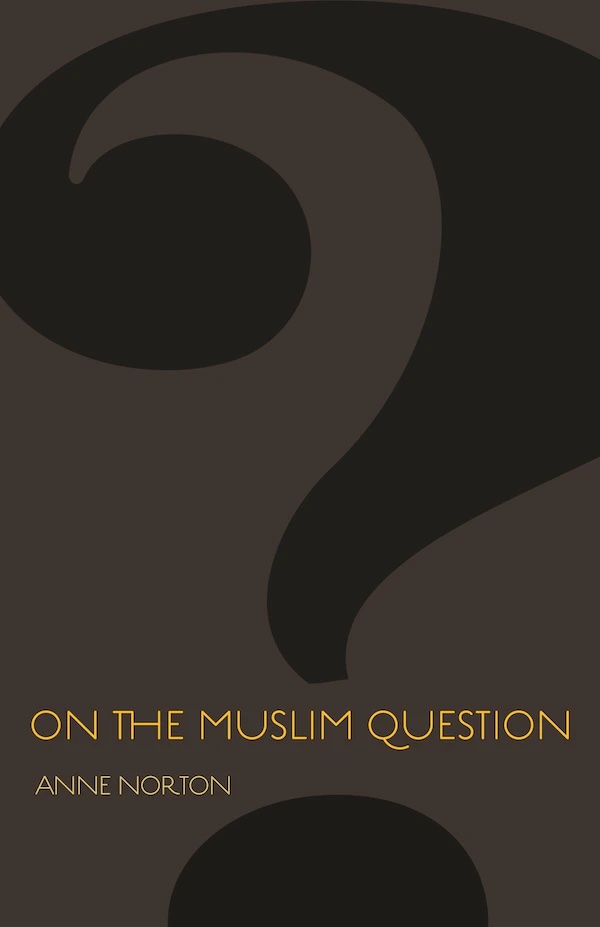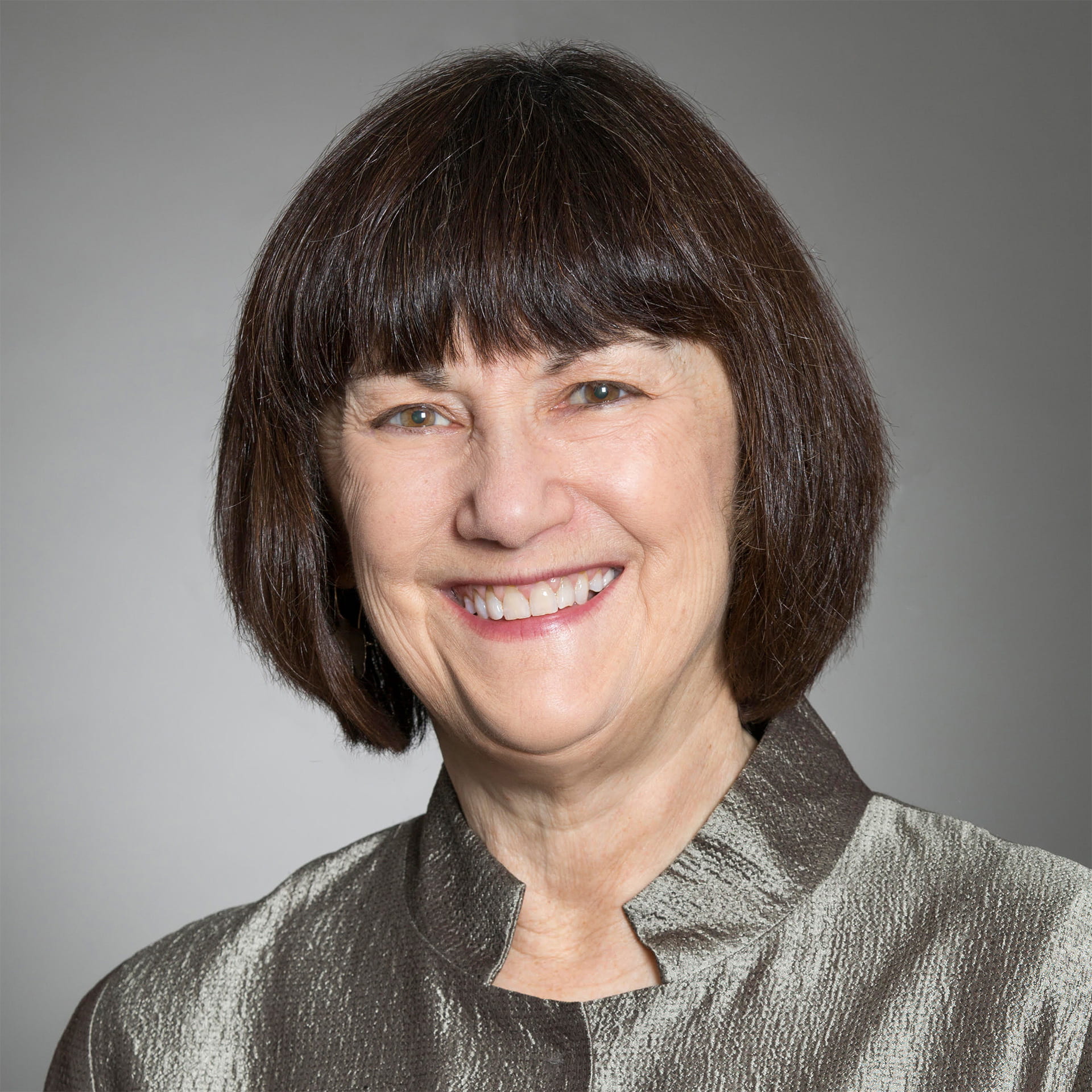 Behind, beyond, before every policy paper, every plan, every dry account of the mechanics of governance, is a vision driving practice forward. It is not “in reality only,” as Mahmoud Youness observes in his response, but “in the imaginaries” that we should look to overcome civilizational conflict. “At the end of reasons comes persuasion,” Wittgenstein wrote, but we should also see that vision furnishes the ends of reason.
Behind, beyond, before every policy paper, every plan, every dry account of the mechanics of governance, is a vision driving practice forward. It is not “in reality only,” as Mahmoud Youness observes in his response, but “in the imaginaries” that we should look to overcome civilizational conflict. “At the end of reasons comes persuasion,” Wittgenstein wrote, but we should also see that vision furnishes the ends of reason.
The observations of Mahmoud Youness and Atalia Omer send my mind back to the celebration of the Mirza Chair at Notre Dame, and the inauguration of Ebrahim Moosa as the first holder of the chair. That event showed me more places where our own Andalusias are coming into being. There are great resources in Youness’s and Omer’s comments on my book. I will foreground two lines of inquiry and critique: imaginaries and the sacred.
Youness puts me on difficult terrain with Richard Bulleit, Thomas Bauer, and Zygmunt Bauman. All these accounts rely on a conception of cultural unity I do not share. The idea that a culture is marked by, united by, a single trait—a tolerance of ambiguity for example—seems wrong to me historically and theoretically. I have no difficulty in finding historical moments when Muslims have sought “thorough disambiguation” or westerners have sheltered in a tolerant ambiguity. I can find as much rigidity in Ibn Taymiyya as in Cotton Mather or John Rawls. I have found tolerance—even solidarity—in western schools and on western streets. Perhaps most importantly—I am on firm theoretical ground here—cultures are not constructed in this way. Look to Wittgenstein, as Youness does, or to Levi-Strauss, Geertz, Derrida, Lacan, Deleuze, Guattari, or a host of others. As they all point out, meaning is made in difference. Every cultural affirmation calls forth its own distinctive dissents and refusals. Every trait proliferates variants. There are broad zones of ambiguity and aporia in every culture. And it is in those zones that one can find promise and potential.
There is, however, one point in Bauer that, as Youness suggests, I would absolutely affirm. It is in the moments when the west embraces ambiguity that it achieves the democratic. Democracy is founded in ambiguity, proliferates ambiguity, and requires the capacity to navigate ambiguity, uncertainty, and the unknowable. This accounts as well for my agreements with Youness on questions of solidarity, identity politics, and the political. As Adolph Reed would testify, I am less critical of identity politics than Youness believes. Identities are tools that can be used by many hands, for many purposes. I think they have, for the moment, had their day. They served to strengthen solidarities. They have given voice to the silenced. They have confronted those who were (who are) complicit and complacent. But, as Youness notes, they have been commodified and co-opted by neoliberal discourses and institutions.
Every cultural affirmation calls forth its own distinctive dissents and refusals. Every trait proliferates variants. There are broad zones of ambiguity and aporia in every culture. And it is in those zones that one can find promise and potential.
This is one reason I have been drawn to what Youness so aptly terms the “more raw kind of solidarity” in Ibn Khaldun. Ibn Khaldun’s account of asabiyya gives us solidarity at it barest. The people on the frontiers are independent, resourceful, with little refinement and fewer possessions. They are tough and self-reliant. They are also drawn, out of the need that defines their bare existence, to reliance on one another. Need makes them self-reliant, but it also drives them to solidarity. I differ from Youness in the weight I give to the possibility of anger and ressentiment. The presumption that “white middle class voters” will necessarily ally with elites against minority populations runs counter to the history of nineteenth century populism. Though populism has been distorted (principally by European elites) into a term for anti-pluralist politics, it is animated throughout the Americas by a radically democratic and redistributionist impulse. The People’s Party in the United States gave us transracial unionism. Though it faltered, that work still teaches.
I follow, with Youness, the ethical imperative that commands us to take responsibility for the wrongs done in our name. I am concerned, however, that this imperative, unleavened by the recognition that the good also has a history, distorts a more ambiguous past. The demand that only wrong be acknowledged erases the work of those who struggled for justice before us, and in doing so, lends currency to the belief that we (whoever we are) are either bad to the bone or caught in an inescapably linear historical progress. Both lead to quietism and self-exculpation.
Taking responsibility for wrongs done in our name is often little more than a desultory mea culpa and a few tears. To honestly come to terms with the work and memories of those who fought for justice in the past requires the work of recovery, analysis, reparation, and emulation. That work is easier when we remember not only our sins but the moments of struggle and success that came before us. Out of the ambiguous materials of the past it is possible to craft not just a good story but a vision, a plan for building. None of this requires emulsification. On the contrary, it is the preservation of difference that makes for strength in building. Different materials, even different aesthetics, are needed for the work.
It is for this reason that I continue to look for fragments of Andalusias to build with. In studying them, I have learned that there is no clash of civilizations. Huntington has been, as Omer, points out, a curiously insistent and perduring figure. Omer’s reading enables us to see what Huntington offers his disciples with this error.
First, this is a discourse of resentment. This is not the ressentiment of the marginalized, but the resentments of the powerful, who see their prestige waning. The deference they once commanded commands no more; the power they once wielded is falling away. The problem with affirmative action has never been the extension of “special privileges,” from this perspective, but the denial of special privileges to those who have long enjoyed them. Huntington also endures, I suspect, because he speaks to the arrogance of liberals as well as conservatives. His smug insistence that the problem with all religion is sexual repression speaks to those whose faith rests in an unnuanced understanding of science or to the narrowest apostles of the Enlightenment, as well as to latter-day crusaders.
The Andalusias I have found refute Huntington’s thesis. They testify to the possibility of common lives built on respect, to be sure, but also to the love of difference and a desire for it to proliferate. These Andalusias speak not only to the possibility of a common life together, but to the possibility, indeed, the necessity, of many common lives, the many different ways people find to live together and apart. They also put the claims of an arrogant secularism in question.
There are, as many have noted, two (at least two) forms of the secular. There is the determined, generally fictive, neutrality of laïcité, in which a republican state, laic or laïklik seeks to cleanse the public square of all signs of faith. The pretended neutrality of the secular state, so understood, has been effectively critiqued. When the streets and time itself are marked with the signs of a faith, once cannot justly claim public neutrality. That is not, however, the only problem with laïcité. This vision aims at uniformity, at the confinement, if not the erasure, of difference. Another model of secularism invites, and has proliferated, difference. On this model, the presence of other faiths guarantees the safety of all the faithful.
There is another problem with the secular that goes beyond these two.
One of the ambivalent gifts of the Enlightenment to Europe was the Enlightenment settlement. The terms of the settlement, under which we continue to live, are simple. Philosophers, academics, intellectuals, can proceed with their work: experimenting, reflecting, writing, and they will not be harmed. They will not be imprisoned, they will not be tortured, they will not be burned, but they must be silent on faith, on the doctrines of religion, on the divine. They may speak of the sacred only as one speaks of the alien. That agreement brought safety to generations of scholars, but at a price. The divine refuses boundaries and resists confinement.
These Andalusias speak not only to the possibility of a common life together, but to the possibility, indeed, the necessity, of many common lives, the many different ways people find to live together and apart. They also put the claims of an arrogant secularism in question.
At the close of her essay, Omer recalls Ebrahim Moosa’s characterization of himself as a “critical traditionalist” and asks: “What does it mean to be a critical traditionalist within the modern/secular world, but in an Andalusian frame?” An Andalusian secularism, open to all faiths, and to the doubting and faithless, cultivates both tradition and critique. Critical traditionalists hold fast to solidarities and belief. They are faced with questions, with doubts that though they may not be their own, demand their attention. They are protected from the sins of pride and blasphemy, reminded that the fullness of the divine is beyond their grasp. They are cautioned not to pretend to knowledge they do not possess, not to take pride in knowledge they believe is theirs alone. If they are wise, they will rejoice in the beauty of the forms divinity takes in the world, and learn from one another. This is very far indeed from the cold and confining secularism sought in laïcité. There is room here for many faiths and none, room for question and reflection, room for the many ways the divine speaks to the people.
The inauguration of the Mirza Chair and the work of those at the conference speaks to the possibility of faith reaching out to faith, of an unbounded longing for the divine.

